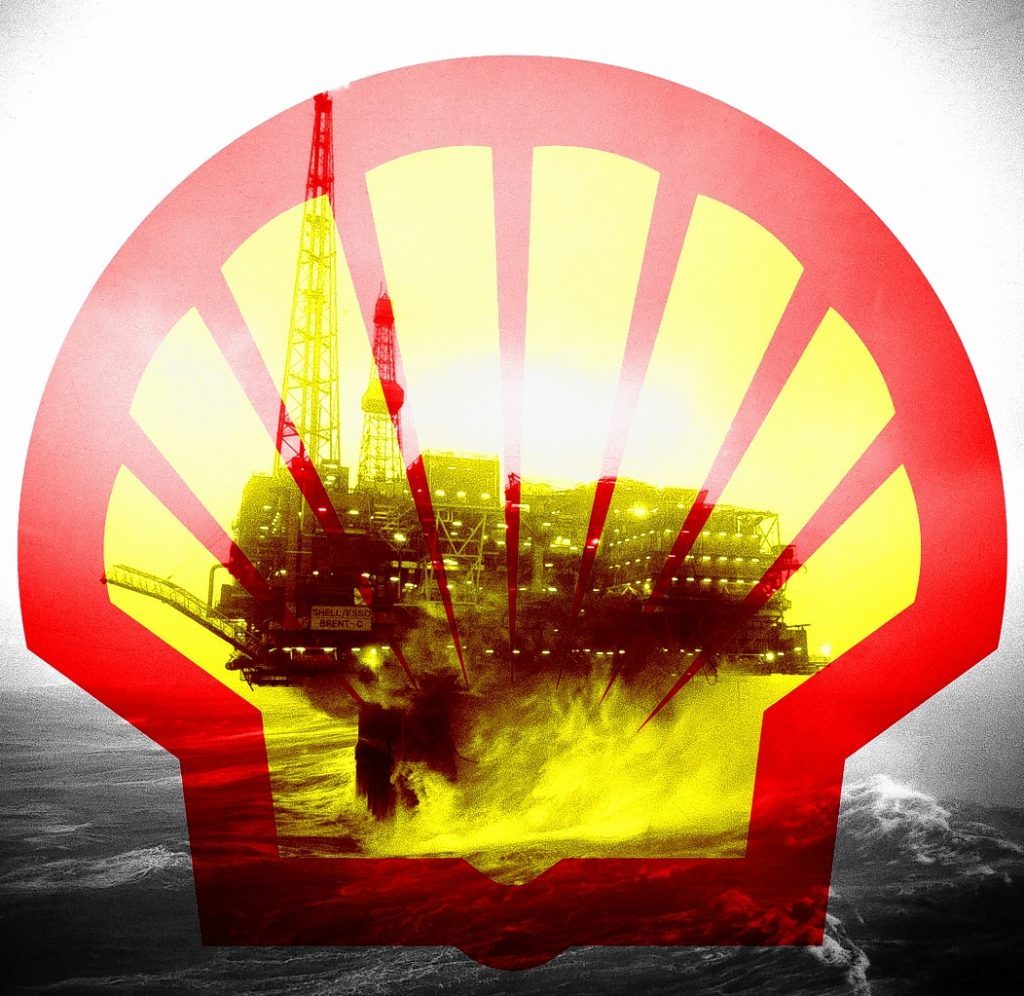
Oil supermajors including Shell have no plans to return controversial Super Puma helicopters to service in the North Sea.
The Anglo Dutch giant has confirmed that the aircraft, which were subject to a lengthy grounding following a fatal crash off Norway last year, does not feature in the future of the firm’s UK operations despite aviation watchdogs making moves to lift the flight ban.
It comes just a day after fellow supermajor BP revealed it will not consider a return the aircraft to service until a root cause of the Norway crash, which killed 13 people last April, has been identified.
American multinational ConocoPhillips has now revealed, like Shell, that it has “no plans to return the H225LP and AS332L2 Super Puma airframes to service for any of our operations”.
And French energy giant Total’s UK Exploration and Production arm said Sikorsky S92 helicopters fulfilled its “operational requirements” and that it had “no immediate plans” to bring the Super Puma models back into service.
S92s have played a big part in filling the void left by Super Pumas following their grounding.
The remaining two oil majors who make up the major global players, ExxonMobil and Chevron are not affected by the lifting of the flight ban.
Exxon does not directly operate any assets in the North Sea while Chevron’s contracted helicopter provider does not use affected models.
Both the H225 and the AS332L2 models have been grounded since the crash near the Norwegian island of Turoy in April 2016 despite European aviation watchdog EASA lifting flight restrictions in October.
Norwegian investigators are still trying to identify the root cause of the accident.
A Shell spokesman said: “Shell UK does not intend to use H225 aircraft for our UK operations”
It is understood that the decision not to use the H225s also extends to the sister AS332L2 model.
Shell has refocused its oil and gas portfolio in recent years as part of a global $30billion divestment plan.
Earlier this year, it agreed the sale of a $3.8billion package of North Sea assets, including its interests in nine fields and a 10% stake in Schiehallion to Chrysaor.
The company has also started decommissioning the flagship Brent field in the North Sea.
Meanwhile, US oil firm Chevron has confirmed the lifting of the Super Puma helicopter flight ban will not affect its North Sea operations.
The multinational energy company uses helicopter operator NHV to ferry offshore workers to and from offshore installations on the UK Continental Shelf.
Belgium-headquartered NHV use Airbus’s H175 aircraft so the lifting of the grounding of the H225 and AS332L2s does not impact operations.
The Civil Aviation Authority announced plans for lifting the restrictions on Friday night.
It follows a safety overhaul in the wake of a fatal accident off Norway last year which claimed the lives of 13 people including Iain Stuart from Laurencekirk.
ExxonMobil does not directly operate any assets in the North Sea.
Apache North Sea declined to comment.
Repsol Sinopec said its contracts have been fulfilled using S92s since last year.
A spokeswoman for the firm added: “The company has not discounted the use of alternative airframes in the future, however there are currently no plans to change the type of airframes being used.
“As always, the safety of our people remains our priority. In the event that any change in airframe was proposed, the company would be fully committed to undertaking an assessment which would include appropriate Repsol Sinopec Resources UK Ltd workforce engagement, rigorous checks on engineering and maintenance processes with our aviation provider and review of training requirements, and engagement with Oil and Gas UK to ensure we had the most up-to-date view of other aviation experts, industry specialists, and bodies representing the wider UK offshore workforce.”
Statoil has also reaffirmed its commitment not to use the Super Pumas.
The Norwegian operator said it has removed the aircraft from its contracts.